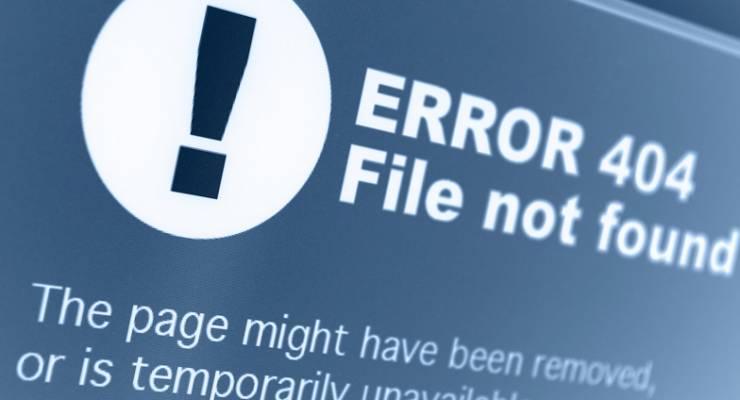
What happens when one of the world’s greatest democracies loses most of the journalists who deliver its “civic journalism”? Here in Australia, we’re about to find out.
Last night, Media Watch devoted its full program to journalism’s epic elephant-in-the-room issue: who’s going to pay for the journalism that holds power to account in Australia when, over the next year or two, it is no longer viable?
The two biggest commercial employers of civic journalists, News Corp and Fairfax, declined to participate in last night’s program. So it was left to one-time independent publisher Alan Kohler, a few industry observers, and me, to openly debate this depressing but incredibly important subject.
This should be a public, not covert, story because it’s about one of the underpinning planks of the Australian democratic ecosystem.
And it’s not a complicated story.
Independent journalism is a core pillar of democracy — it is the main pillar (alongside parliaments and the judiciary) that holds power to account. Ever since the late 19th century that journalism has been owned and produced by commercially funded newspapers. Twenty years ago, however, the internet began to replace newspapers as the primary platform for the audiences who consume journalism and the advertisers who paid for it. That process is nearly complete; printed newspapers are becoming commercially unviable.
The problem for journalism in that process is that most general news websites are almost as unviable as most print newspapers. That’s because although advertising revenue has almost fully migrated from print to digital, most of that revenue has bypassed news publishers — who fund journalism — and found its way into the pockets of Google, Facebook and classified sites like Seek and Realestate.com.au — who produce almost no journalism.
This has forced newspaper publishers to ruthlessly cut costs. Several thousand Australian journalists are estimated to have lost their jobs in the past decade.
The reason this is a crisis in Australia is market size. Most of the resources of civic journalism — covering government, business, courts, the professions, the suburbs and regions, culture, crime and civic society — reside in the hands of a few big newspapers (and the ABC, which has its own funding challenges). Many of those journalists have already been retrenched, and many hundreds more will depart when their newspapers stop printing and revert to digital only.
It’s not hard to understand why the two big news publishers feel uneasy about confronting the story of the collapse of the civic journalism they have owned for decades. Even though they aren’t responsible for the structural demise of their business model, and even though both publishers are fighting to keep it alive, they prefer to keep the subject away from public discussion because it’s an embarrassing story for them.
Which sounds awfully like denial at the precise moment in history when everyone who cares about the essential role of journalism needs to elevate and openly debate this subject.
Before it morphs from a news story into an obituary.








Crikey is committed to hosting lively discussions. Help us keep the conversation useful, interesting and welcoming. We aim to publish comments quickly in the interest of promoting robust conversation, but we’re a small team and we deploy filters to protect against legal risk. Occasionally your comment may be held up while we review, but we’re working as fast as we can to keep the conversation rolling.
The Crikey comment section is members-only content. Please subscribe to leave a comment.
The Crikey comment section is members-only content. Please login to leave a comment.